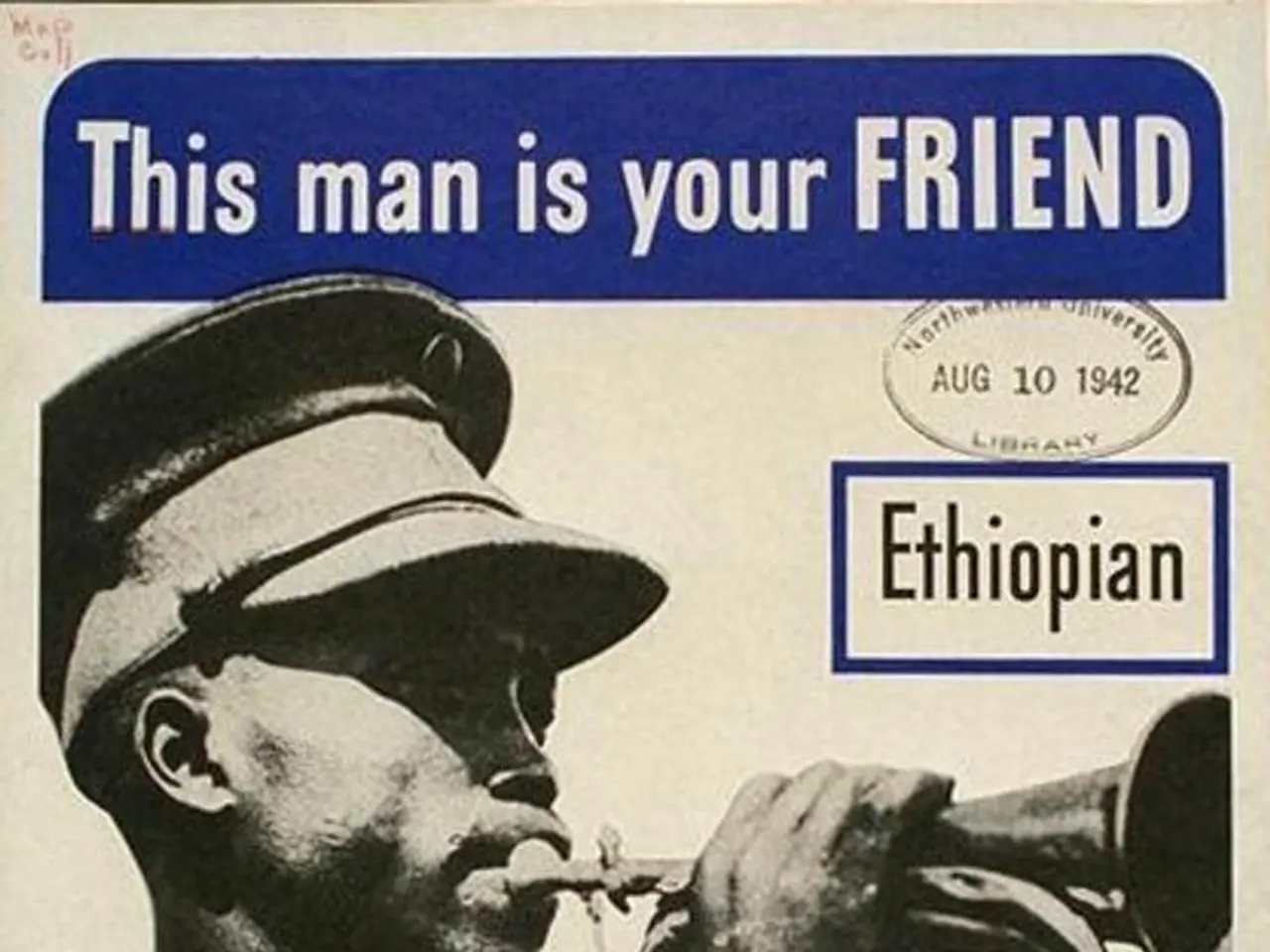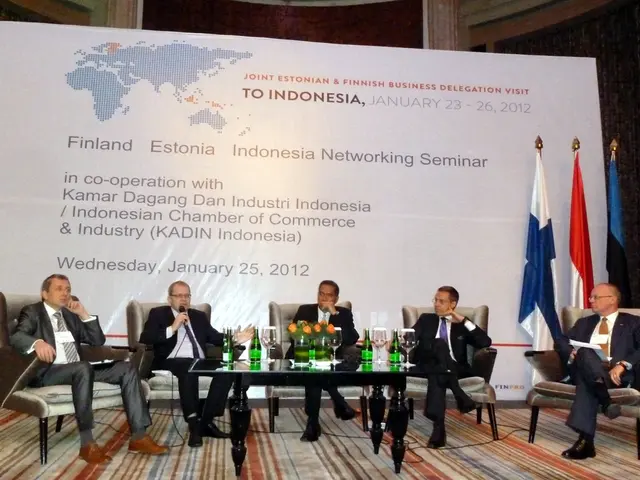Future of uncurbed discourse: a look ahead
In an ironic twist, conservatives' campaign against cancel culture seems to be taking a backseat as the Trump administration cracks down on perceived critics. This shift, from grassroots social pressure to a top-down campaign from the government, has raised concerns about free speech and the erosion of American democracy.
President Trump and his allies are not shying away from targeting those who criticize them, particularly in the wake of the assassination of a prominent figure, Charlie Kirk. The administration is following through on threats made by Trump and Pence to use the full weight of the federal government against perceived critics.
This was evident when FCC Chairman Brendan Carr threatened local stations airing Jimmy Kimmel's show, leading to Kimmel's suspension. Carr's actions, while initiated independently, aligned with political pressures linked to the Trump administration's stance and received both public and political backing and criticism. Senator Ted Cruz compared Carr's threats to something from the movie "Goodfellas."
Prominent members of the administration are not just threatening investigations and court cases, but are also using their official roles to issue retribution for public and online comments. Secretary of State Marco Rubio, for instance, threatened to revoke visas based on people's comments about the assassination.
The Trump administration's actions against media organizations and individuals are not going unnoticed. Ilya Somin, a constitutional law expert at the Libertarian Cato Institute, states that the administration is weaponizing government power against speech, despite claims of supporting free speech.
Some conservatives, however, see these actions as comeuppance for perceived liberal bias. They are turning a blind eye to the administration's crackdown, while others view it as an abuse of power and a threat to American democracy by weakening dissent.
Even if the Trump administration does not win legal cases against these organizations, the mere prospect of a lengthy and expensive legal fight has a chilling effect. This is evident in the case of high-profile MAGA influencers and an army of keyboard warriors, who have been naming and shaming people who criticize Kirk or celebrate his death, and sending emails and messages to their employers.
Attorney General Pam Bondi expressed intent to target protesters engaging in hate speech, adding to the growing concern about the administration's stance on free speech. The First Amendment protects individuals from the government using its power to punish them for speech it dislikes, but it does not guarantee a job.
As the election approaches, the debate around free speech and the administration's actions against critics continues to heat up. NPR transcripts may be updated or revised in the future.
Read also:
- United States tariffs pose a threat to India, necessitating the recruitment of adept negotiators or strategists, similar to those who had influenced Trump's decisions.
- Weekly happenings in the German Federal Parliament (Bundestag)
- Southwest region's most popular posts, accompanied by an inquiry:
- Discussion between Putin and Trump in Alaska could potentially overshadow Ukraine's concerns








